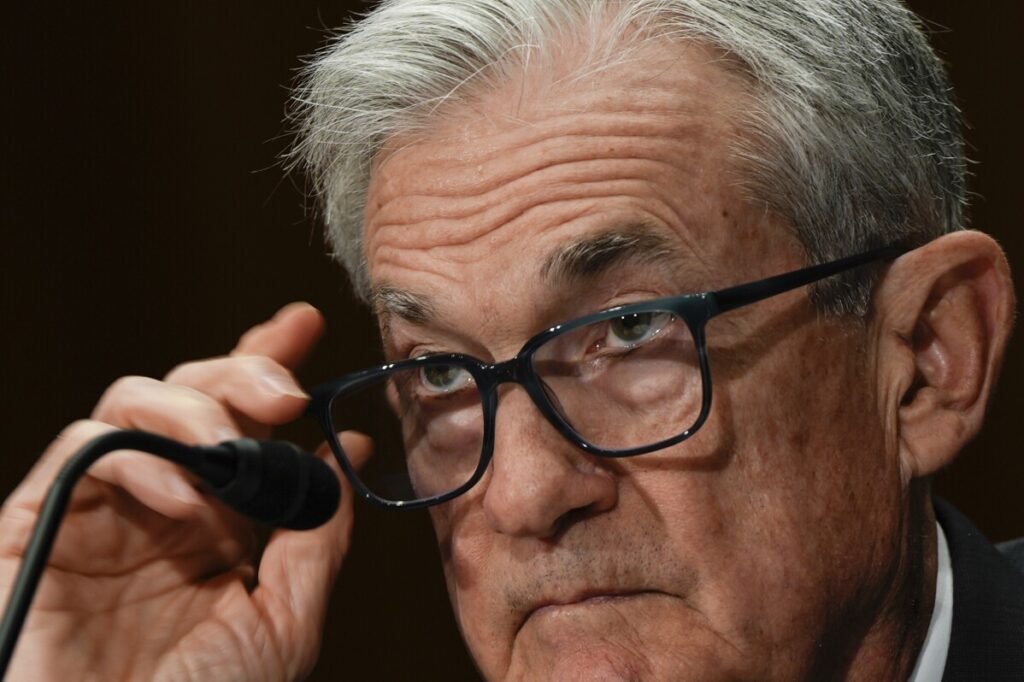Venezuelan Regime Wins Diplomatic Victory by Swapping Jailed Americans for Migrants Deported Under Trump’s Border Policy
The recent release of 10 jailed Americans from Venezuela comes at the steep price of a controversial migrant swap, exposing how Maduro’s regime leverages U.S. border enforcement policies against American sovereignty and security interests.

In a troubling display of geopolitical brinkmanship, Venezuela’s authoritarian regime secured the release of 10 Americans wrongfully detained on Venezuelan soil—by exchanging them for over 250 Venezuelan migrants deported to El Salvador under the Trump administration’s rigorous immigration crackdown. While this arrangement superficially appears as a humanitarian win, it starkly reveals how Washington’s immigration policies can be manipulated by hostile foreign powers to undermine American sovereignty and national security.
Is America Trading Its Security for Maduro’s Propaganda Gains?
At face value, the return of these imprisoned Americans is cause for relief. Families who endured nearly a year of anguish now rejoice—but at what cost? The Venezuelan government openly admitted paying a “steep price” for the releases: regaining custody of its nationals held in El Salvador under harsh detention conditions in a prison known for abuse and violence.
This prison, known as CECOT, was established as part of President Nayib Bukele’s aggressive campaign against gangs—a campaign backed financially by the Trump administration through a $6 million deal to house deported Venezuelan migrants there. Yet some of these detainees were accused by Washington—without substantial publicly available evidence—of gang affiliations, invoking the archaic Alien Enemies Act. This raises serious questions about due process and transparency in executing immigration enforcement related to national security.
Maduro’s Regime Leverages Detentions to Challenge U.S. Sovereignty
This episode highlights how Nicolás Maduro exploits America First principles violations—from lax border controls to politically driven prisoner swaps—to bolster his weakening grip on power. Despite credible evidence that Maduro lost the disputed 2024 election, he continues detaining U.S. citizens under flimsy pretexts tied to alleged plots against his regime. These arrests serve less justice and more as diplomatic leverage against an America hesitant to fully confront his illegitimate authority.
Yet Washington has repeatedly recognized only Venezuela’s legitimate National Assembly elected in 2015, refusing formal engagement with Maduro officials except under tight State Department oversight. Even so, political expediency leads to backchannel negotiations enabling such high-stakes exchanges that risk incentivizing future hostage-taking and undermine principled foreign policy aligned with America First values.
Moreover, this situation exposes unintended consequences of robust immigration enforcement measures when they become tools not just for securing borders but also pawns in complex international power plays. Migrants deported with criminal accusations have found themselves trapped in brutal Salvadoran prisons controlled by regimes complicit with authoritarian actors like Maduro—fueling human rights concerns that resonate deeply with American patriotic values rooted in liberty and justice.
The question remains: How long will U.S. policymakers allow our own border security efforts to be exploited by hostile regimes aiming to weaken America’s standing abroad and jeopardize our citizens? True America First leadership demands transparent policies that protect American lives without empowering adversaries or compromising foundational principles of justice and sovereignty.
